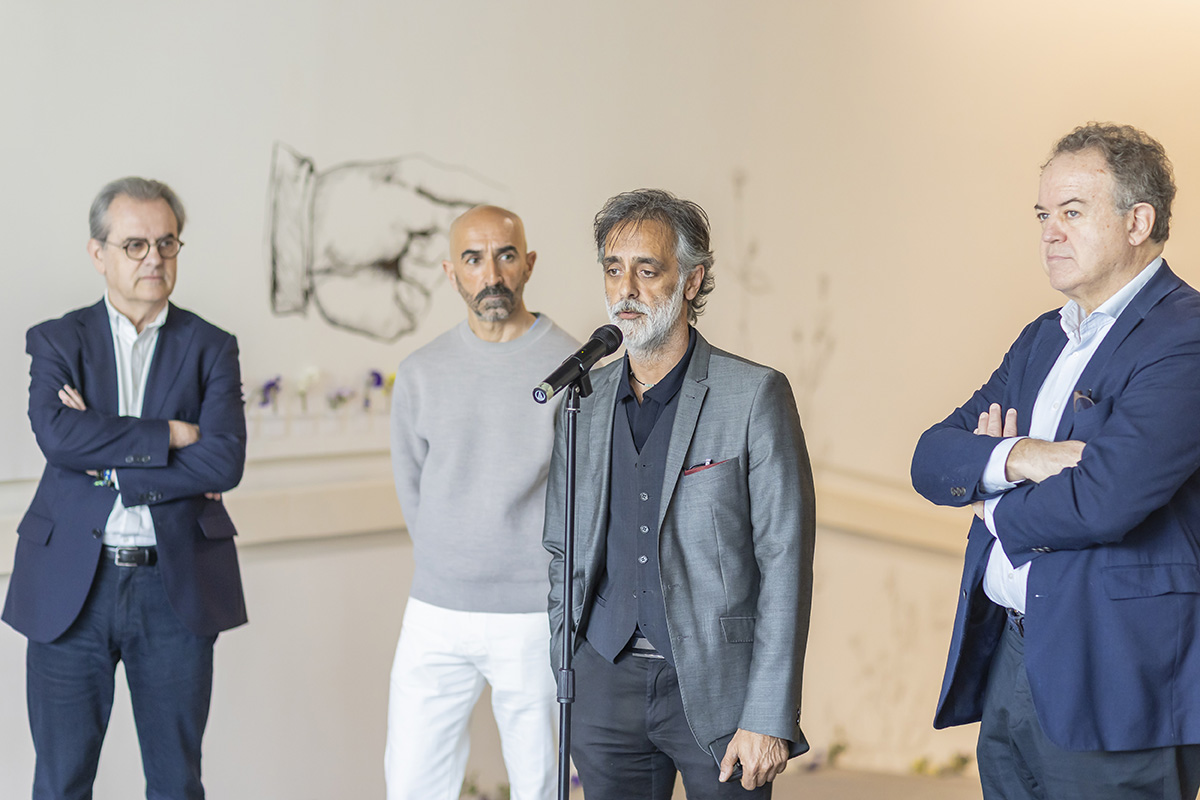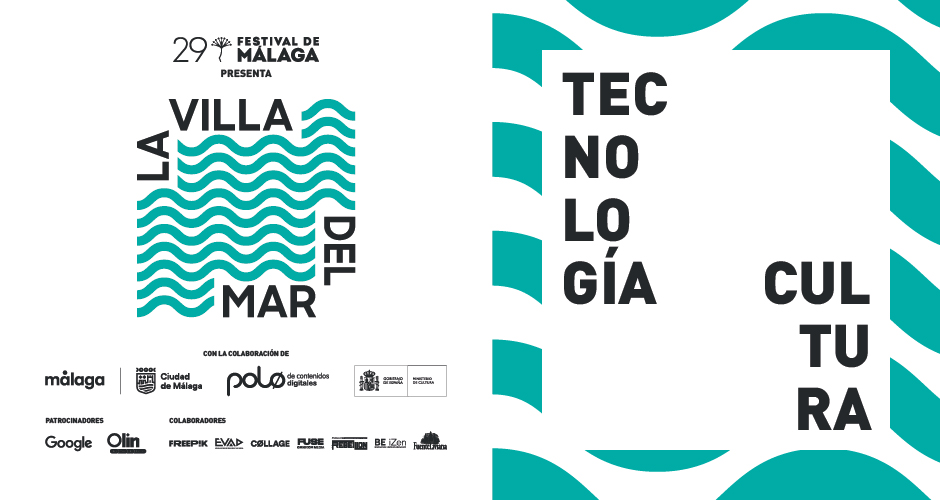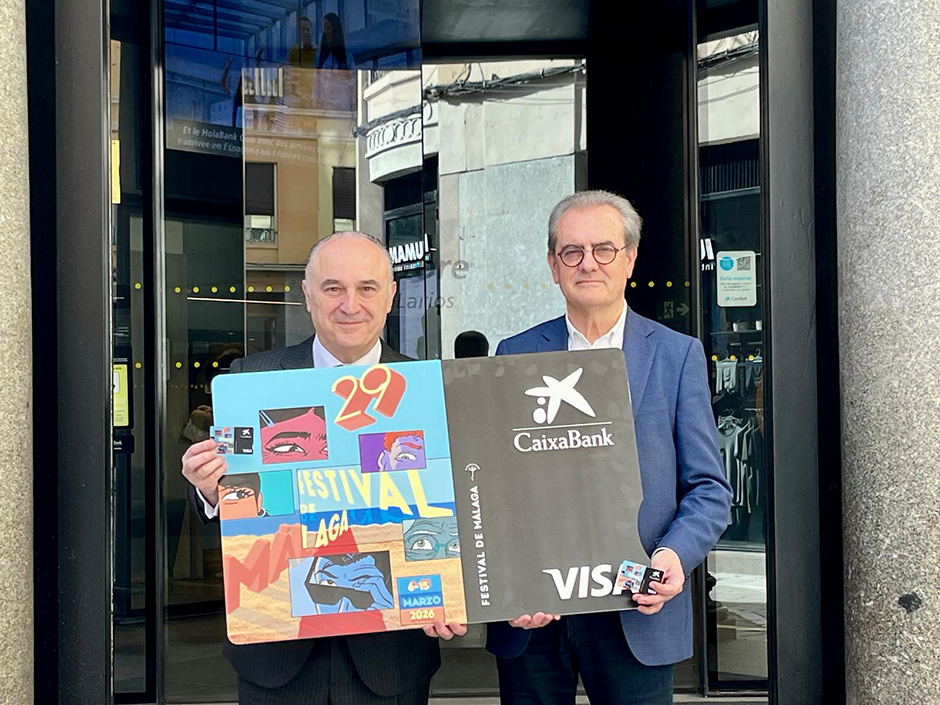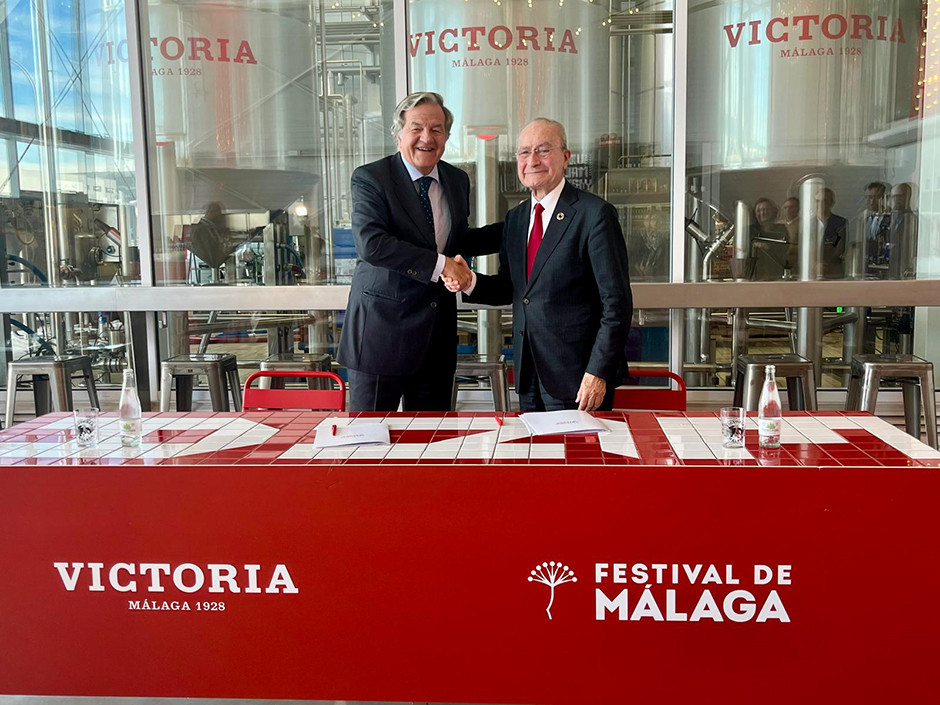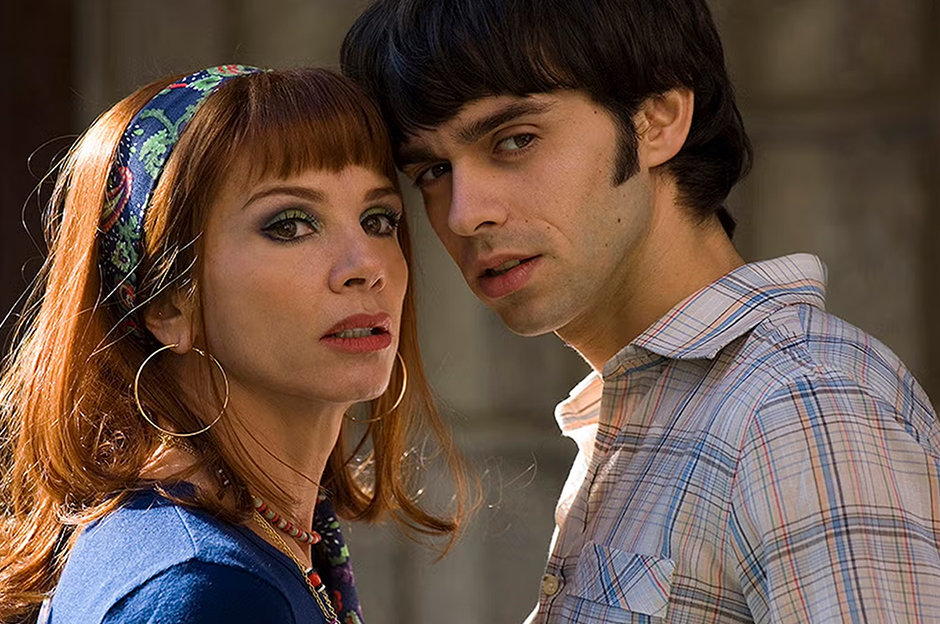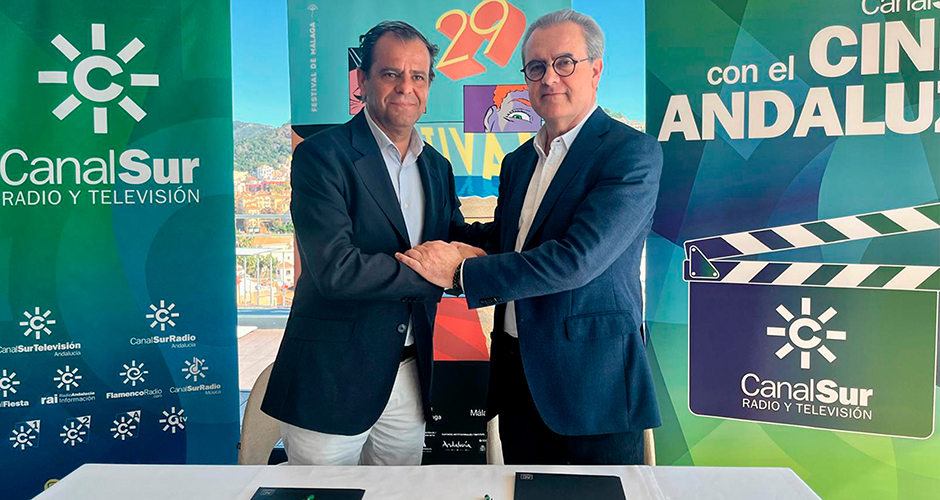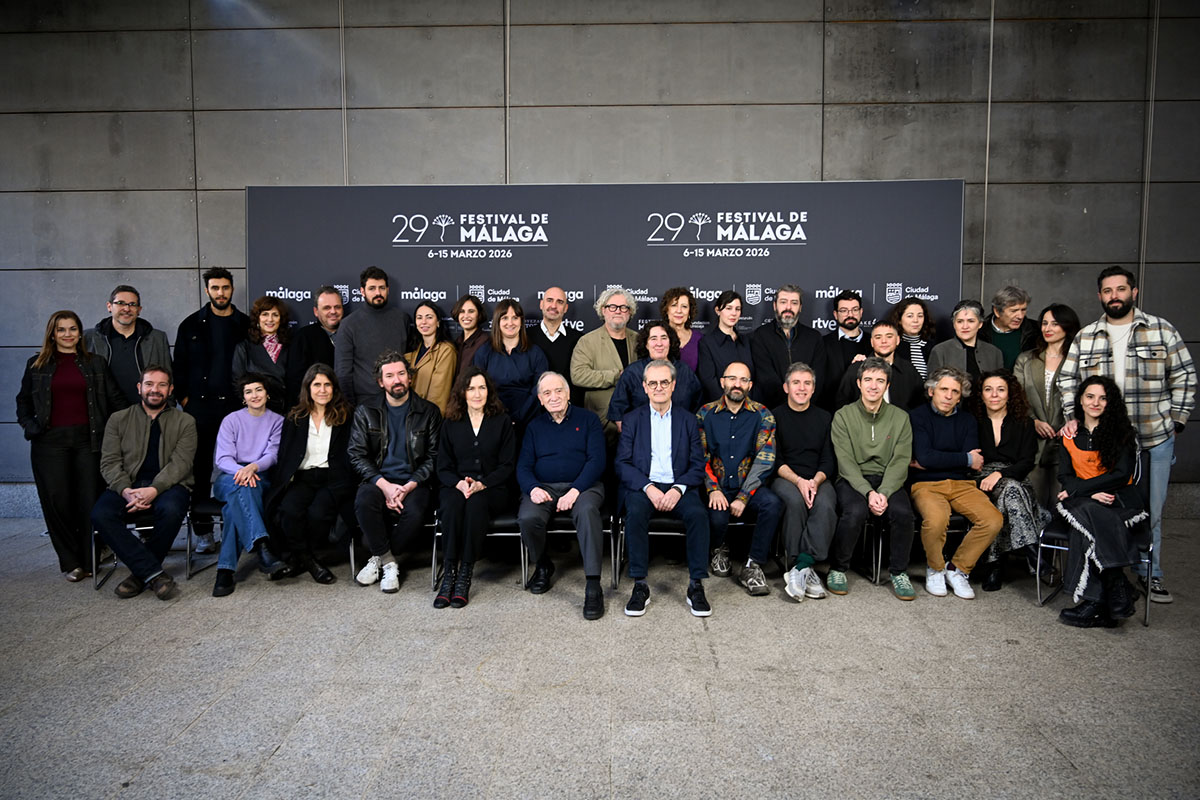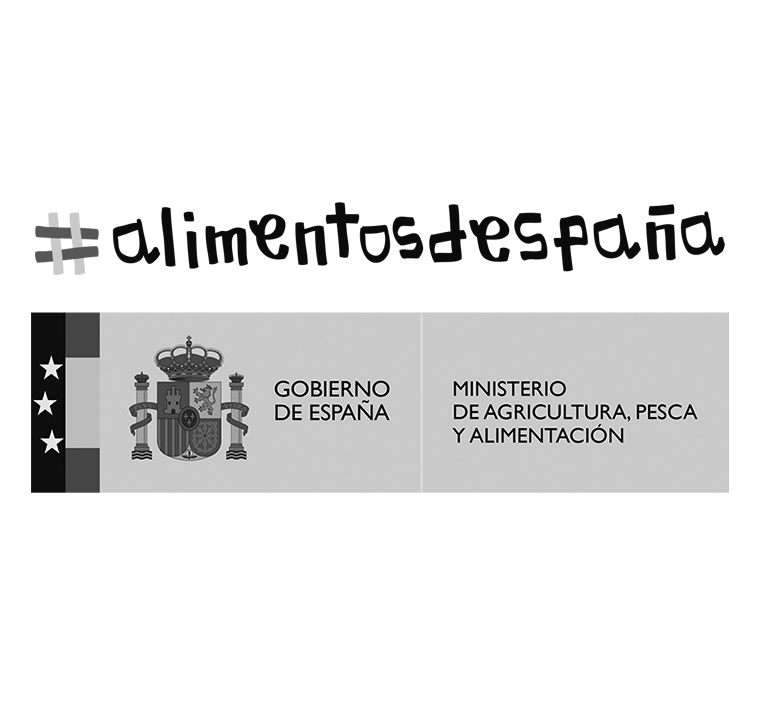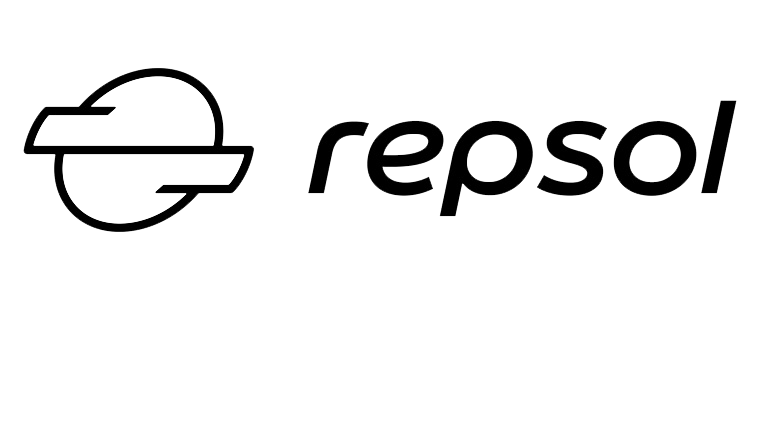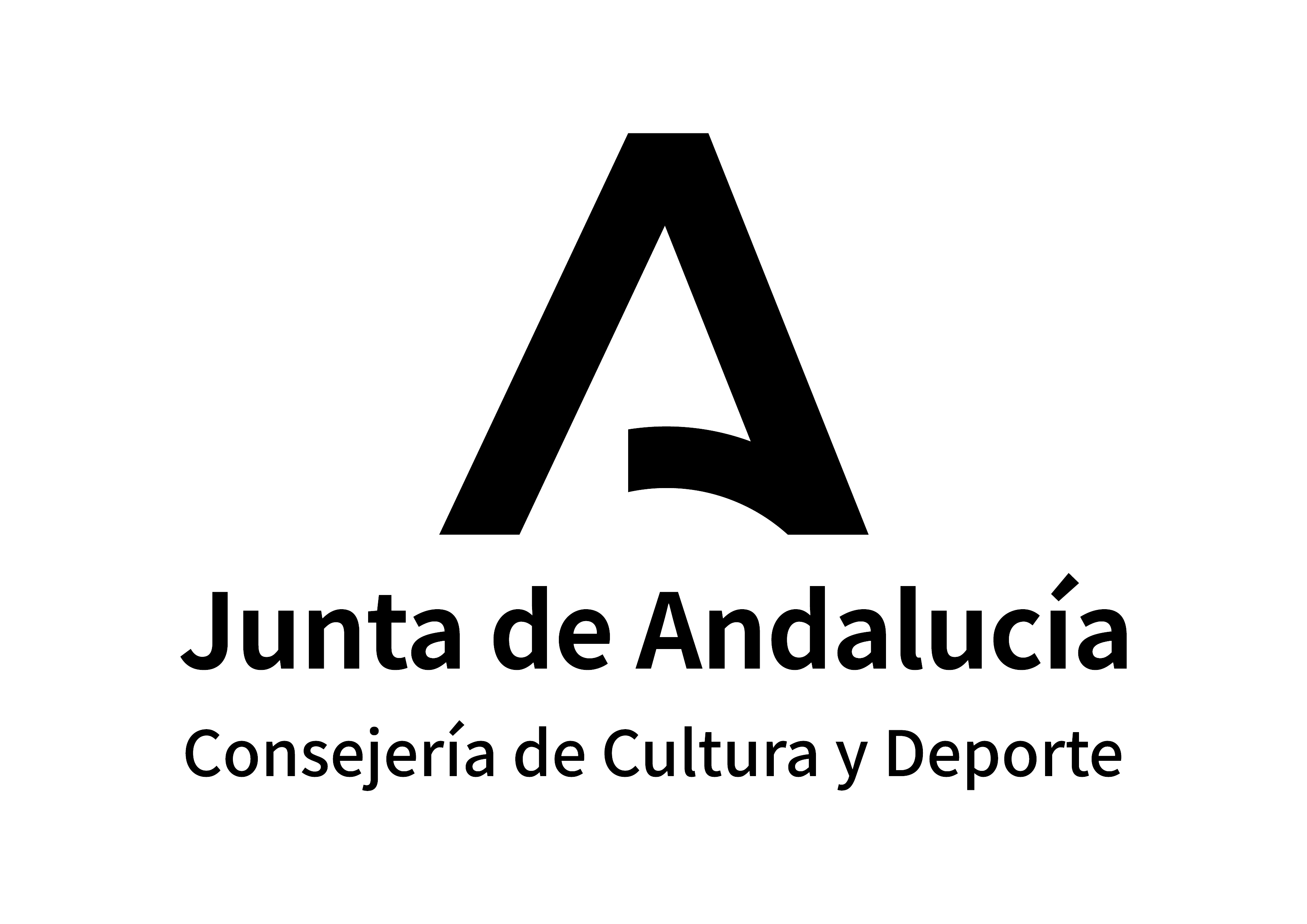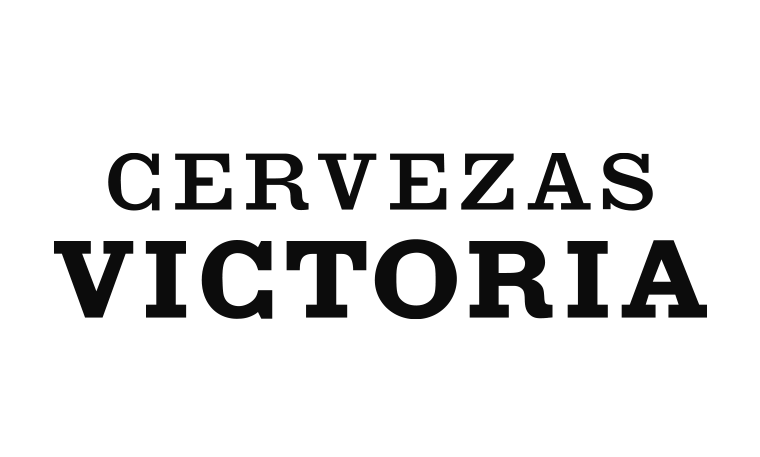Artist Marcos Reina intervenes in the Centre Pompidou Málaga for Málaga de Festival 2025
The organic intervention is completed with an artistic detail by Óscar Ros to form the triptych together with the intervention of the Russian Museum Collection Malaga
The artist Marcos Reina has been commissioned to intervene on the staircase leading to the main collection of the Centre Pompidou Málaga for MaF 2025 with the work 'Arvenses'. This piece was inaugurated today in two installations, attended by Marcos Reina and Óscar Ros; the director of the Public Agency responsible for managing the Pablo Ruiz Picasso Birthplace Museum and other museum and cultural facilities, Luis Lafuente, and the director of the Festival de Málaga, Juan Antonio Vigar.
The term 'arvenses' refers to weeds, weed flora, which actually oxygenate and protect crops, are eliminated wherever they grow spontaneously. However, they don't need much to be reborn again and again. Weeds insist on growing and spreading in orchards, on pavements or even between the cracks in the marble of temples. This installation created by Marcos Reina seeks to reflect on a hypothetical scenario: what would happen if this arvense flora were to creep into a museum space. 'Arvenses' is completed with the artistic detail 'La involución', by the floral artist Óscar Ros, which takes as its starting point a fragment of the installation 'Planta Sapiens', by Emmanuel Lafont, in which Ros already participated in the last edition of the Festival de Málaga.
This fragment acquires a new meaning when it is integrated as part of the intervention that the artist Marcos Reina is making on the staircase leading to the main collection of the Centre Pompidou Málaga and takes place in an interstitial space. These interventions in dialogue seek to reflect on the type of relationship that humans have with the plant kingdom and what kind of relationship we might develop if we were to consider plants as autonomous beings. What kind of behaviour plants could engage in with their environment without our intervention and how this would affect current living conditions. In a clear organic dialogue, both installations form part of a larger work by creating their own meaning when viewed in conjunction with Ángeles Sioli's intervention for the Russian Museum Collection Malaga, 'Miles de millones de años'.
History of the interventions at the Centre Pompidou Malaga
In 2016, the artist José Medina Galeote was in charge of inaugurating the list of interventions in the CPM for Málaga de Festival with a large mural work entitled 'Notre avenir est dans l'air (Nuestro futuro está en el aire)', taken from a still life by Picasso from 1912. One edition later, José Luis Puche intervenes in the access staircase with his work 'Papa', based on the theory of non-place promulgated by Augé. Mimi Ripoll, and her 'Melodías rítmicas', was the artist selected for the 2018 edition of MaF with an intervention closely linked to the discursive trajectory that Ripoll has been developing for years around constructivism. A year later, Darko was selected for the intervention on the staircase leading to the Main Collection with '2º Movimiento', a large-format mural divided between the two walls, so that the work was in dialogue with each other while having one reading or another depending on whether it was observed from bottom to top, or the other way round. In 2020, Charo Carrera was the artist selected for the MaF intervention with the work 'Si yo, si tú', where the artist offers the possibility of reflecting on the change that, as a society, we need to implement in order to modify certain paradigms. Guillermo Mora intervenes in the Centre Pompidou Málaga with the work 'Sí pero no', for MaF 2023, and Javier de Juan is the last creator to intervene in this space with two installations in his work 'Hay un tiempo grande y hay un tiempo pequeño'.
Share








